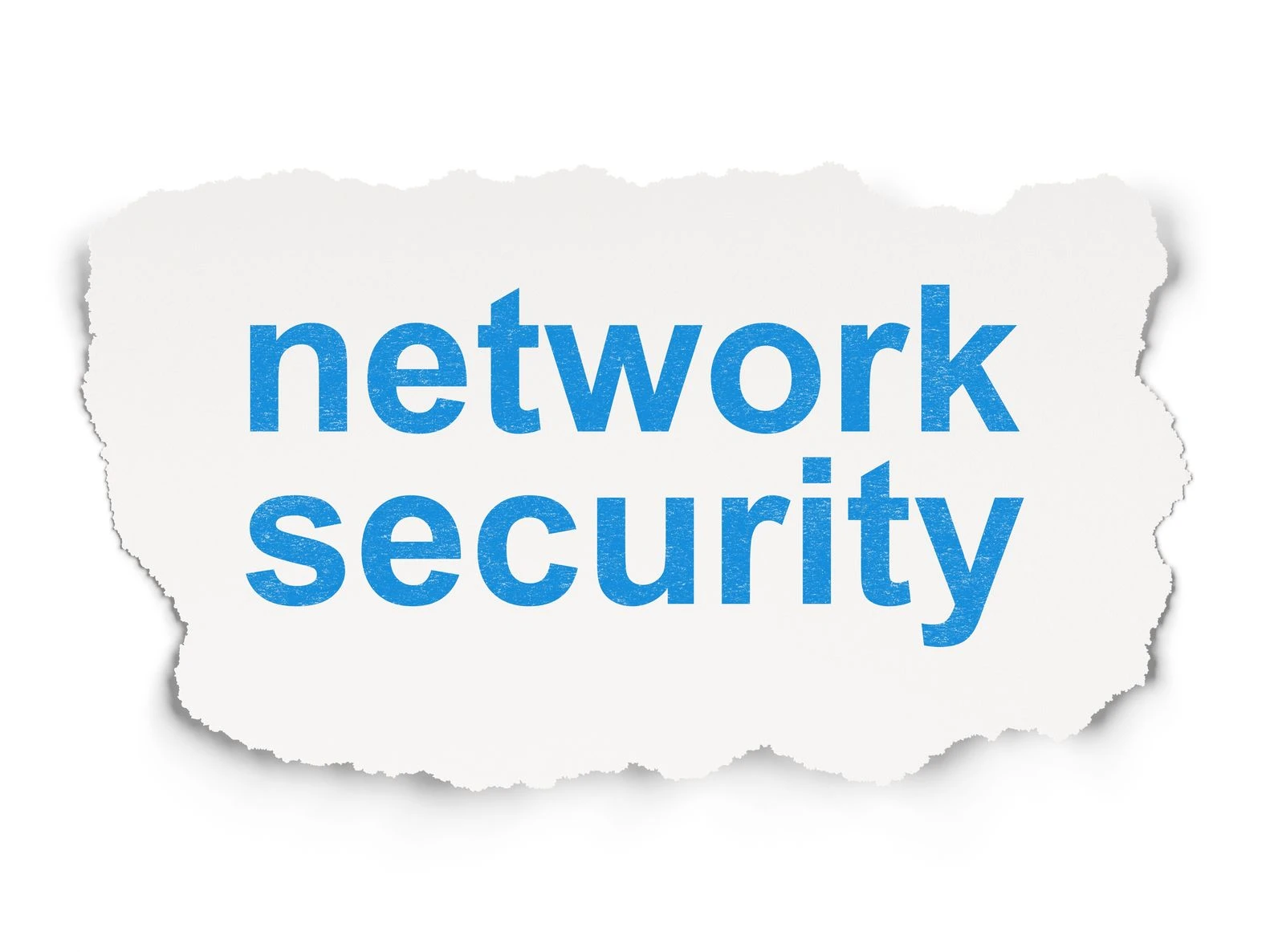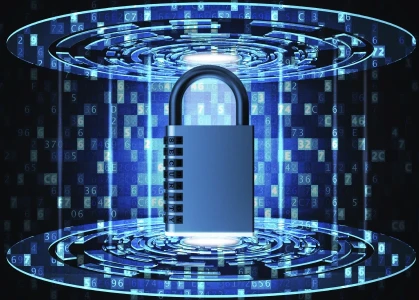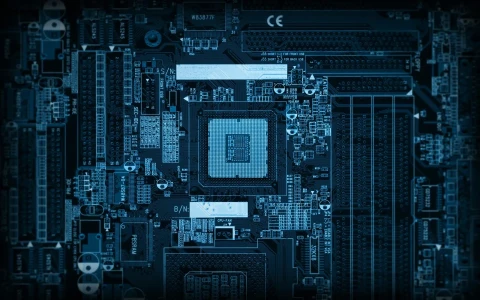Network Security

Protecting sensitive customer and utility data
BY JOHN CHOWDHURY, Fujitsu Network Communications, Inc.
Smart meters, and the advanced metering infrastructure (AMI) on which they depend, collect and transport vast amounts of data. While the data provides more precise energy billing, as well as valuable insight into energy demand and usage patterns, consumers expect that utilities will keep that data secure and that their privacy will be protected.
Security and privacy are prerequisites to increased AMI adoption, and more broadly, Smart Grid implementations. Recognizing this, multiple U.S. federal agencies, including the Government Accountability Office (GAO), Department of Energy (DOE), National Institute of Standards and Technology (NIST) and Department of Homeland Security (DHS), are engaged in cross-agency collaboration, and are working with utilities and technology suppliers too, in an effort to ensure security and privacy are part of all smart meter implementations.
In Canada, under the divisions of legislative responsibility of the Canadian constitution, electricity matters, such as AMI security and privacy, falling within the boundaries of a single province are under provincial jurisdiction.
With the AMI initiatives in Canada, authorities such as Natural Resources Canada (NRCan) and the Standards Council of Canada (SCC), work with the International Electrotechnical Commission (CNC/IEC), and U.S. counterparts to develop a national body, defining and coordinating Canada’s Smart Grid standardization initiatives.
The CNC/IEC provides policy advice to SCC on matters pertaining to IEC and has oversight responsibility for many Canadian activities. To meet that need, the CNC/IEC created the Task Force on Smart Grid Technology and Standards.
For smart meter security, Measurement Canada’s Software Security Joint Working Group has reviewed the International Organization of Legal Metrology (OIML) standard OIML-D31: “General Requirements for Software-Controlled Measuring Instruments”. Measurement Canada, a department of the Canadian federal government, was represented within the TC5/SC2: “General Requirements for Software-Controlled Measuring Devices” standard’s OIML Working Group. Consequently, Measurement Canada developed, in collaboration with industry stakeholders the S-EG-05: “Specifications for the Approval of Software Controlled Electricity and Gas Metering Devices”, and the S-EG-06: “Specifications Relating to Event Loggers for Electricity and Gas Metering Devices”.








